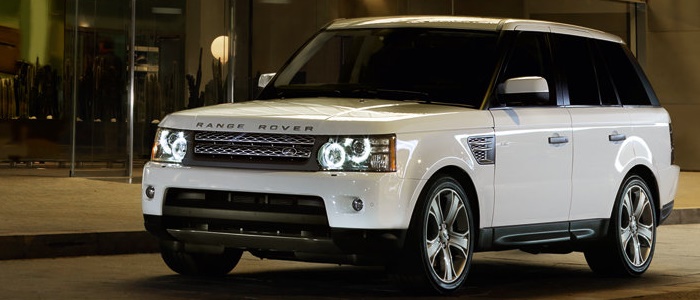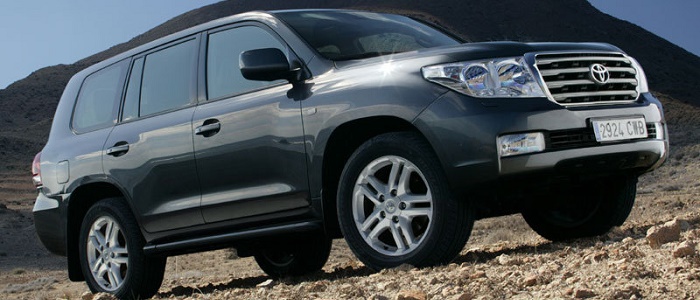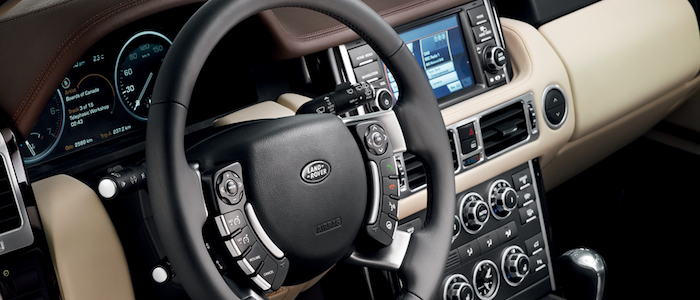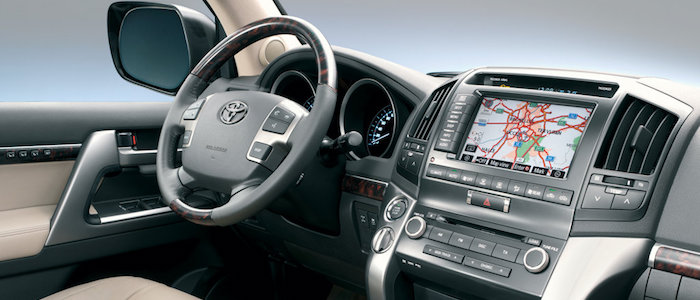Compare two cars
Compare any two cars and get our Virtual Adviser™ opinion
Dimensons & Outlines
Engine
Performance (manual gearbox)
Performance (automatic gearbox)
Expenses
Virtual Adviser's™ opinion
Well, these are two pretty similar cars we have here! It's only details that could potentially make the difference. Considering they both belong to the suv segment and utilize the same 5-door suv body style and the 4 x 4 wheel drive system, it all comes up to the specific diesel engine choice they offer. The first one has a Ford-engineered powertrain under the hood, a 6-cylinder, 24-valves 248hp unit, while the other one gets its power and torque from a 8-cylinder, 32-valves 286hp engine designed by Toyota.
SafetyUnfortunatelly, neither of the two vehicles was submitted to the European New Car Assessment Programme (Euro NCAP) testing. This makes it virtually impossible for me to pick one over the other and I'm generally against buying such cars as the safety should really always come first. That aside, let's consider some other aspects which affect safety. Both vehicles belong to the suv segment, which is generally a very good thing safety-wise, but that fact doesn't break the tie between the two cars. On the other hand, taking kerb weight as an important factor into account, the Japanese car offers a marginal difference of 1% more metal.
ReliabilityI don't like generalizing things when it comes to reliability, although it does seem that Toyota is significantly less fault-prone, when all the models are taken into account. That's the official data, while our visitors describe reliability of Land Rover with an average rating of 3.8, and models under the Toyota badge with 4.6 out of 5. Unfortunatelly, I don't have enough insight that would allow me to comment in more details on the specific models level. We should definitely mention that owners of cars with the same powertrain as the British car rank it on average as 4.0, while the one under the competitor's bonnet gets 3.0 out of 5.
Performance & Fuel economyToyota is undoubtly more agile, reaching 100km/h in 1.1 seconds less than its competitor. In addition to that it accelerates all the way to 210 kilometers per hour, 17km/h more than the other car. When it comes to fuel economy the winner has to be the British car, averaging around 9.2 liters of fuel per 100 kilometers (31 mpg), in combined cycle. We can't ignore that 11% difference compared to the Japanese car.
Verdict
Toyota appears just a bit more reliable, although the difference is truly marginal. The most important thing when deciding between any two vehicles should always be safety, both passive and active. In my opinion, everything taken into account, the Japanese car offers slightly better overall protection and takes the lead. It all continues in the same direction, with Toyota outracing its opponent in any situation possible, making it better choice for boy racers. It does come at a cost though, and that's the fuel consumption... No mistake, whatever you decide here, but I'd still go for the Toyota. In any case that's my personal view, built upon all the data available to me. What should decide here though is the way you feel about the two vehicles, and I hope you'll find my guidelines useful in the process. Also, you could use the oportunity to find out which car, everything taken into account, would be the perfect choice for you in the eyes of the virtual adviser™, among more than 12.000 different ones in our database.

































